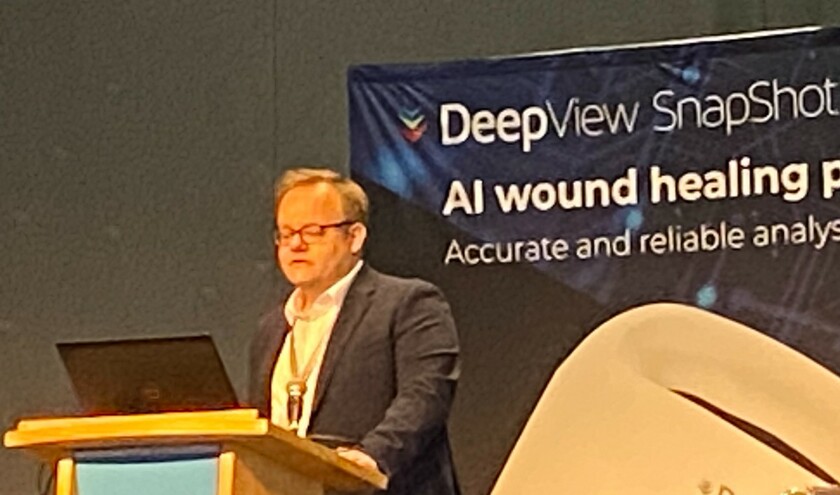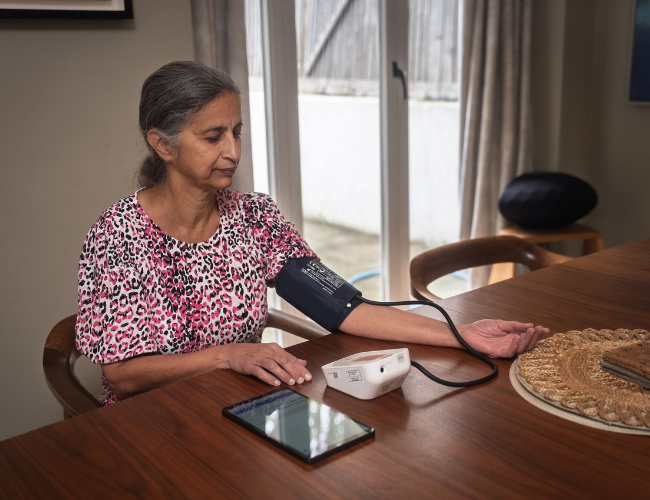Royal Victoria Infirmary's Northern Regional Burn Centre, in Newcastle, has become the first in the world to use technology that employs multispectral imaging and artificial intelligence to provide information about burn wounds which is not visible to the human eye.
Spectral AI's DeepView can be used from the day an injury occurs, giving doctors and nurses a prediction of how patients' burn wounds will heal in less than a second, which they can then use alongside their clinical judgement to quickly determine the best course of treatment for a patient.
The Newcastle team shared their experiences of using the technology at a recent conference organised by the British Burn Association and the International Society for Burn Injuries.
Consultant burn surgeon Christopher Lewis said: ‘Newcastle is the first centre in the world to trial DeepView and we're very proud to have hosted it over the last few months across our adult service.
‘We're a service where laser doppler imaging is very heavily ingrained which can be used 48 hours after a burn injury for assessments but DeepView can be used on day one.
‘We've been able to use it on the wards, we've taken it to theatres and have compared our clinical information with how the device is interpreting the wound depth.'
Lewis revealed DeepView has so far been used in Newcastle in 41 cases involved adults aged between 19 and 85.
He said his colleagues thought the portability of the device and the timing of its scans were ‘excellent' and its images and photo quality were ‘very good'.
Prof. Paul Chadwick, vice-president of Spectral AI in the UK, added: ‘We've had interest from across the globe, with lots of American and European healthcare professionals wanting to know about the technology and when can they get it.
‘People can see the real value in the technology and how it might change the way they can care for their patients.'



